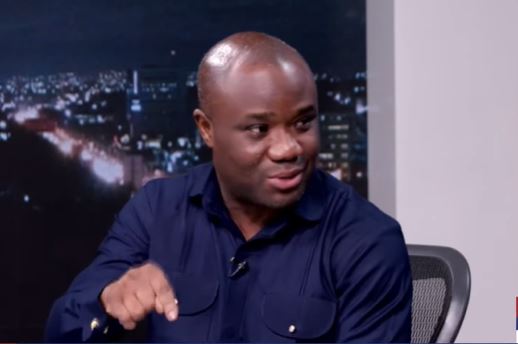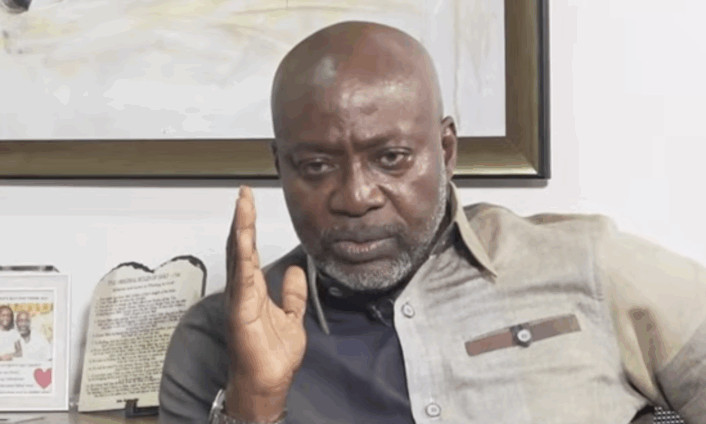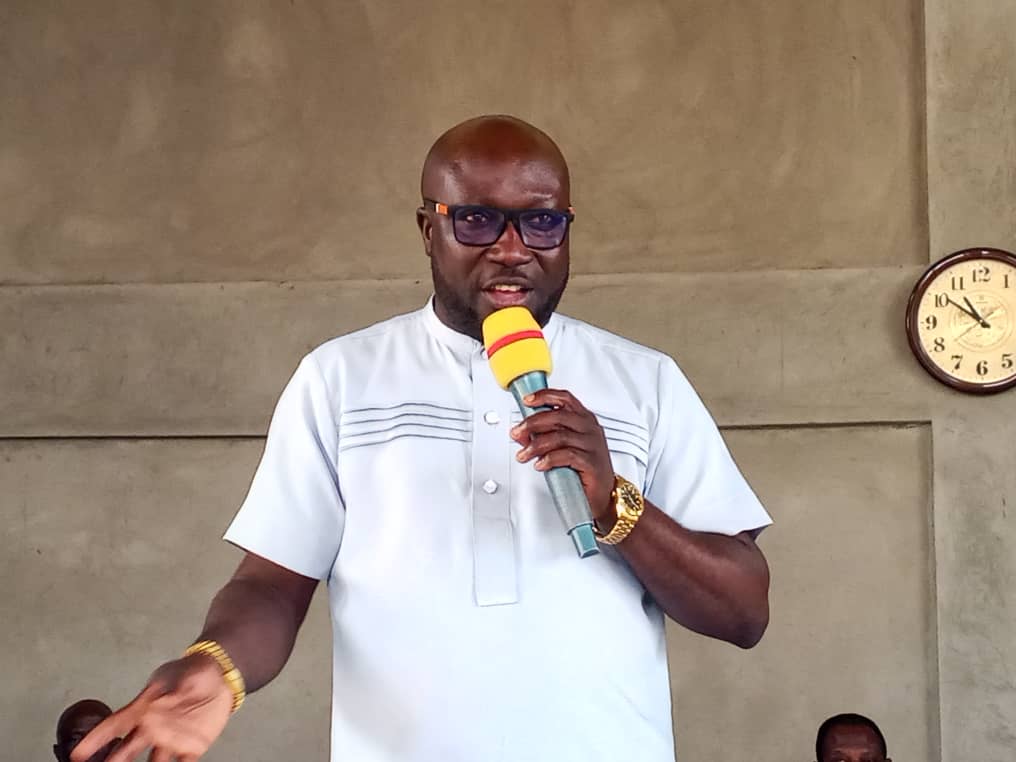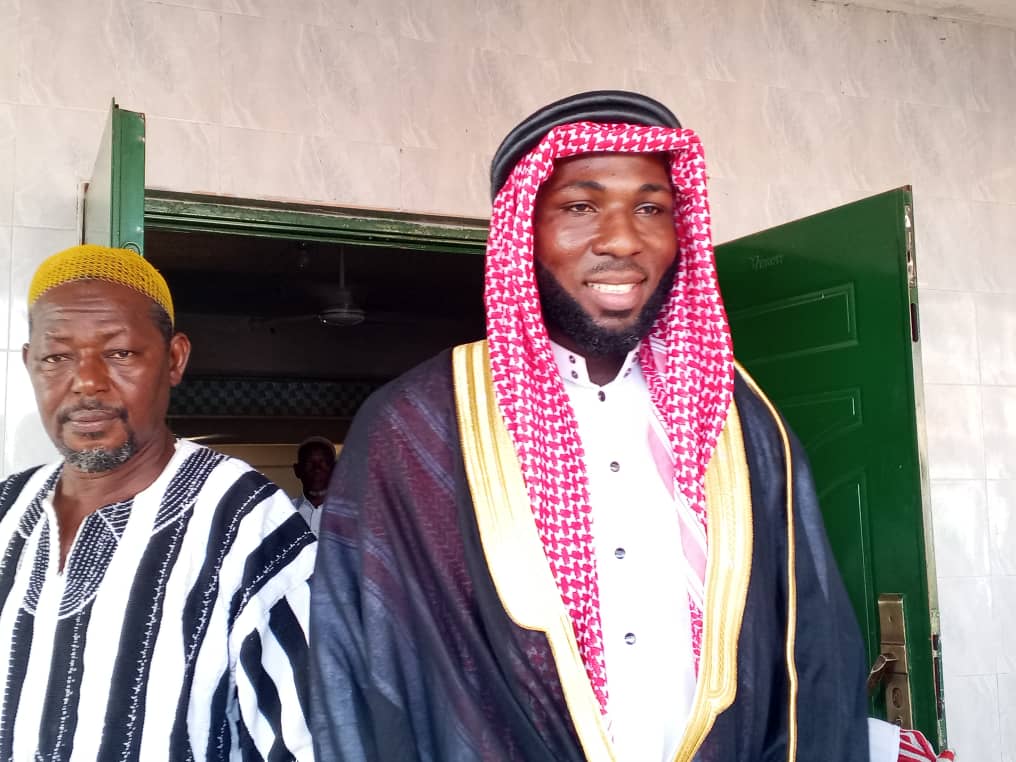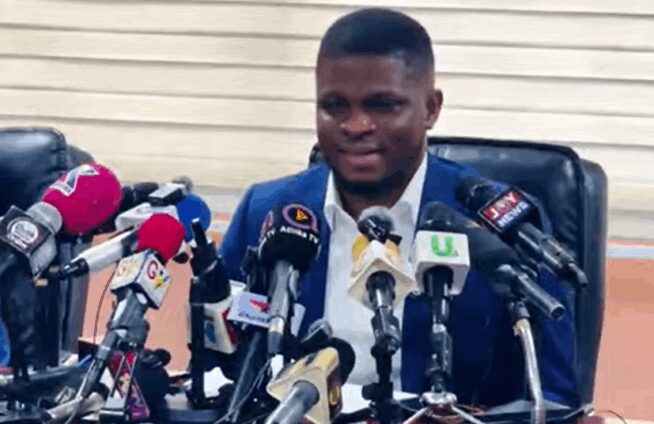Accra, June 14, GNA – Justice Professor Modibo Ocran of the Supreme Court of Ghana on Monday said genuine national reconciliation should be seen as a continuous process rather than a one-time event that ends after a task had been completed. “Reconciliation is certainly not one event, such as the establishment of a National Reconciliation Commission (NRC) or the submission of its report to the Government, or the publication of a white paper thereon,” he said.
Justice Ocran was speaking at a forum organised by the Ghana Academy of Arts and Sciences (GAAS) in collaboration with the Friedrich Ebert Foundation (FES) in Accra. Speaking on the sub-theme: “The Concept of Reconciliation”, Justice Ocran said the process must encompass structural policies and methods by creating human rights safeguards; efforts at reducing and bridging economic inequalities and creating ‘comfort zones’ for each community through decentralisation. Besides, reconciliation should involve the inculcation of appropriate attitudes and ways of thinking through policies that gave legitimacy to claims for truth, reparation, well-being and justice among other things. Such policies should also involve working on individual basis such as personal meetings between leaders from antagonistic sides and training workshops for reducing inter-communal antagonisms.
He stressed the importance of reparation in the process, saying that reconciliation could not simply be about forgiveness for the perpetrators. “It is also about compensating people for the physical and economic harm done to them by State actors and others acting under the colour of law,” Justice Ocran said. He lauded the NRC for embedding reparation in its process and suggested that the budget should fund it to ensure its viability. In addition, individuals, companies, charitable organisations and foreign government could contribute to the fund. Government should grant individuals and domestic companies that contribute to the fund tax-deductible status. Professor Emmanuel Gyimah Boadi, Executive Director, Ghana Center for Democratic Development, spoke on the different measures to foster reconciliation. He said prosecution of human rights offenders would help to restore faith in the rule of law among citizens, saying, however, that trials were often slow in administering justice and very costly.
Professor Gyimah Boadi said war-torn countries, which sought reconciliation must rely heavily on institutional, legal and policy reforms, which were essential for preventing civic and democratic collapse in the future. These include creating new institutions to protect human rights, dismantling or restructuring institutions prone to abuse, removal of abusers from public positions and human rights training for public officials. Other measures are reparation and setting up memorials. Professor Gyimah Boadi said the mix of measures adopted depended on the nature of the peace settlement, the type of transition, culture and financial considerations.
Source: GhanaWeb

